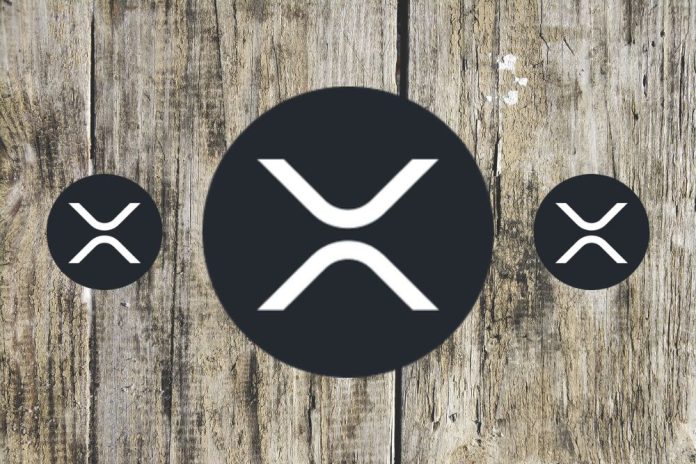On December 2, 2024, the account reserve requirement for wallets on the XRP Ledger (XRPL) was reduced from 10 XRP to 1 XRP, marking a significant milestone in the blockchain’s evolution.
This change reflects a broader effort to make XRPL more accessible and user-friendly for a diverse global audience. The decision has sparked discussions among cryptocurrency experts, who have varying perspectives on its potential impact on XRP’s price and ecosystem.
The Reserve Reduction in Context
The reserve requirement is a specific amount of XRP that must be held in a wallet to activate and maintain it. Originally set at 20 XRP, this reserve was lowered to 10 XRP in the past, and now to 1 XRP. Wietse Wind, founder of XRPL Labs and a prominent developer in the XRPL ecosystem, was a key proponent of this reduction.
In a proposal detailed by Times Tabloid in October, Wind emphasized the importance of lowering the reserve to enhance accessibility. He argued that the previous reserve fee of 10 XRP hindered participation in regions with limited economic capacity, creating a barrier for many potential users and projects. By reducing this threshold to 1 XRP, the change aims to encourage broader adoption and engagement with the XRPL ecosystem.
Speculation About XRP’s Price
Wall Street veteran and financial expert Linda P. Jones highlighted an intriguing pattern in her analysis. She noted that reserve reductions on the XRPL have historically preceded price increases for XRP.
She stated, “The reserve requirement has usually dropped ahead of an XRP price increase and has averaged around $4 to $16. Does a drop to 1 XRP imply a price of $4 to $16 per XRP soon?”
Every wallet that holds XRP has a reserve requirement. It used to be 20 XRP, then it was reduced to 10 XRP. Dec. 2nd it was reduced to 1 XRP. The reserve requirement has usually dropped ahead of an #XRP price increase and has averaged around $4 to $16. Does a drop to 1 XRP imply… pic.twitter.com/h7KMY1jVk3
— Linda P. Jones (@LindaPJones) December 3, 2024
However, the correlation between reserve reductions and price increases remains speculative. An XRPL validator known as “Vet” responded, suggesting that the reduction is driven by increased price, greater network capacity, and lowering entry barriers for XRPL users, rather than being a direct indicator of future price movements.
We are on twitter, follow us to connect with us :- @TimesTabloid1
— TimesTabloid (@TimesTabloid1) July 15, 2023
Broader Implications of Reserve Changes
The reduction in the reserve requirement has also prompted discussions about the cost of self-custody for XRP holders. A user named “333” on X observed, “The more XRP goes up, the more it will cost to self-custody. Some people may not have 20, 30, or 50 dollars to spend to have their wallet. Some will be priced out of simply owning.”
This perspective underscores the balance that must be struck between accessibility and maintaining network security. While a lower reserve may foster broader adoption, significant price increases for XRP could inadvertently create barriers for smaller investors, potentially pricing them out of the ecosystem.
Disclaimer: This content is meant to inform and should not be considered financial advice. The views expressed in this article may include the author’s personal opinions and do not represent Times Tabloid’s opinion. Readers are urged to do in-depth research before making any investment decisions. Any action taken by the reader is strictly at their own risk. Times Tabloid is not responsible for any financial losses.
Follow us on Twitter, Facebook, Telegram, and Google News



